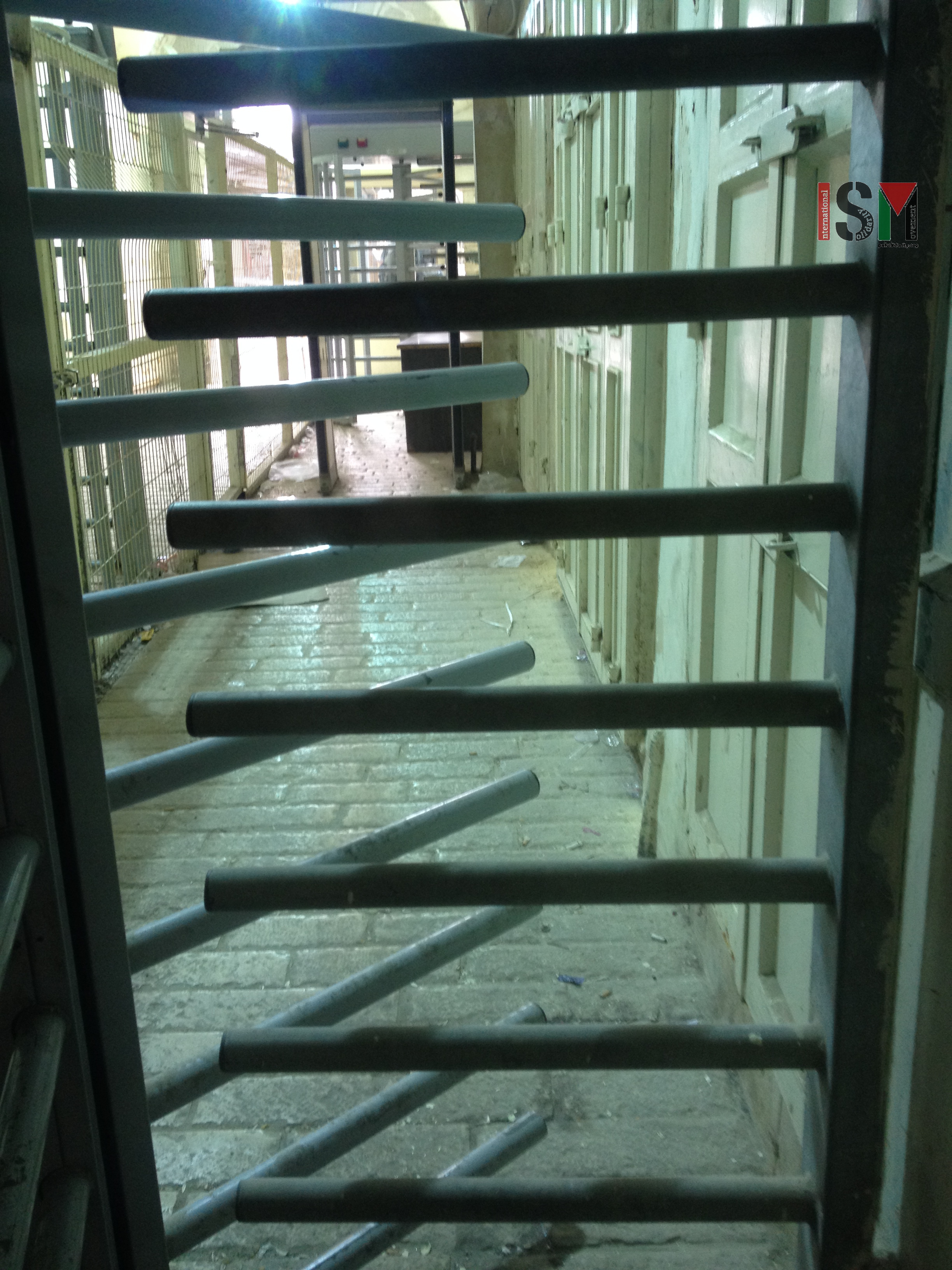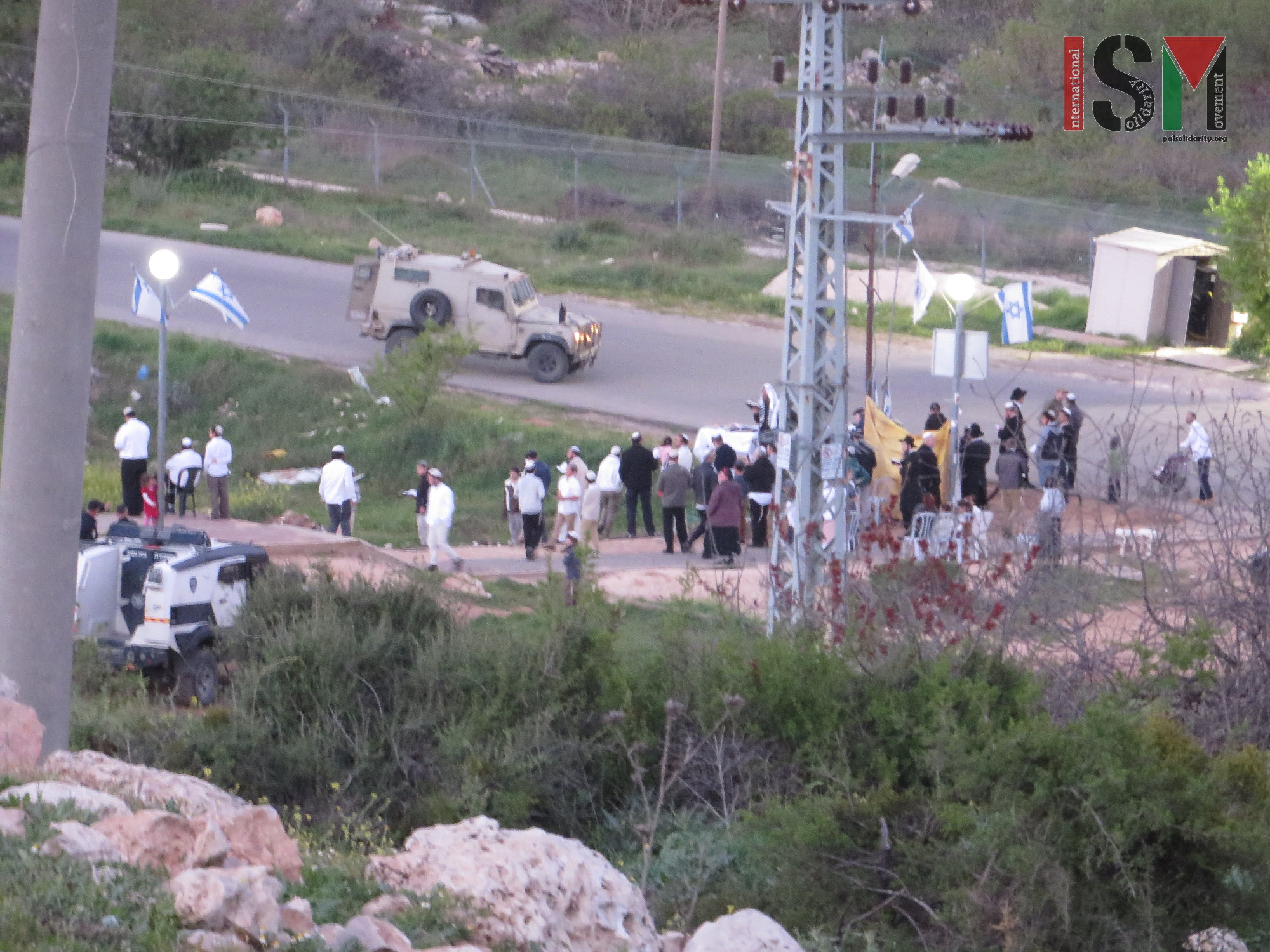Tag: Ethnic Cleansing
-
Targeting of children and civilians in Ni’lin
19th March 2016 | International Solidarity Movement, al-Khalil team | Ni’lin, occupied Palestine On 18th March 2016, Palestinian villagers of Ni’lin protested against the Israeli land-theft and illegal settlements and the continuous violence Israeli forces use to stifle the weekly non-violent protests. Villagers commemorated Rachel Corrie, an American activist killed by Israeli forces in Gaza,…
-
Checkpoint harassment – everyday ‘normality’?
17th March 2016 | International Solidarity Movement, al-Khalil team | Hebron, occupied Palestine Occupied al-Khalil (Hebron) is a city of far too many checkpoints. Operated by heavily armed Israeli forces, they create obstacles that all Palestinians must cross in order to go about their daily lives in al-Khalil: to go to school or work, to…
-
Continuous struggle for justice in occupied Hebron
15th March 2016 | International Solidarity Movement, al-Khalil team | Hebron, occupied Palestine On 9th March 2016, Israeli forces yet again demolished the illegally erected synagogue-tent on private Palestinian land close to the illegal Israeli settlement of Kiryat Arba in occupied al-Khalil (Hebron). The synagogue-tent was build up by settlers some years ago opposite the…



